
Government must expedite action on the passage of the Exemptions Bill to curtail exemptions in the tax regime, policy think-tank, Institute of Fiscal Studies (IFS) has said.
It said the passage of the law had become necessary to curtail the numerous tax exemptions being offered to companies and multi and international organisations in view of the dwindling government revenue mobilisation.
Speaking at a press conference in Accra yesterday to present IFS' assessment of the 2019 Mid-Year Fiscal Policy Review, an economist at the IFS, Leslie Dwight-Mensah said, "Government should quickly move to curtail exemptions in the tax regime", because "many are inefficient and costly".
"The failure to take action on exemptions was costing the nation dearly and prompting the resort to tax hikes to plug revenue shortfalls," the economist said.
He stressed that "IFS stands ready to provide inputs for the Bill's refinement before enactment".
The government projects that it could save about GH?500 million from tax exemptions in 2019, if the Exemptions Bill was passed into law.
Mr Dwight-Mensah said government needed to set realistic revenue targets as missed targets disrupted the fiscal programme of government and undermine effective budget execution.
"The Ministry of Finance should strengthen its revenue forecasting. In particular, the impact of proposed revenue policy changes should be robustly appraised and realistically forecast prior to implementation of the policies," he said.
Government missed its revenue targets in the first half of 2019 and recorded revenue of shortfall of GH?4.2 billion.
It attributed the revenue shortfall in customs receipts and the reduction the benchmark import values.
Consequently, government had increased some levies and taxes including the communication service tax, road fund levy, energy debt recovery levy and price stabilisation recovery levy to raise more revenue to meet its expenditure.
The hike in taxes and levies, according to IFS, was projected to yield less than GH?400 million in additional revenue to government.
Highlighting issues pertaining to expenditure, Mr Dwight-Mensah entreated government to spend more on capital than consumption expenditure.
Capital expenditure, he said, was critically needed to ensure increase in productivity for all sectors of the economy in order to sustain growth and development of the economy.
Mr Dwight-Mensah said the IFS was concerned about declines in central government's capital expenditure, saying from "GH?7.7 billion in 2016, it fell to GH?4.6 billion and increased to GH?8.5 billion in 2019."
On debt, he said government needed to take urgent steps to limit its borrowing and eliminate extra-budgetary expenditure.
Ghana's debt stock as at June this year stood at 203 billion, which represent 59.2 per cent of Gross Domestic Product.
"Overall, the fiscal policy path of the country is unsustainable, as the country's indebtedness looks likely to worsen on the basis of current spending and borrowing decisions.
"The government has to reverse this course with a strategy that will reduce borrowing significantly in order to improve the debt dynamics, particularly with regard to the ballooning debt service costs," Mr Dwight-Mensah said.
Read Full Story
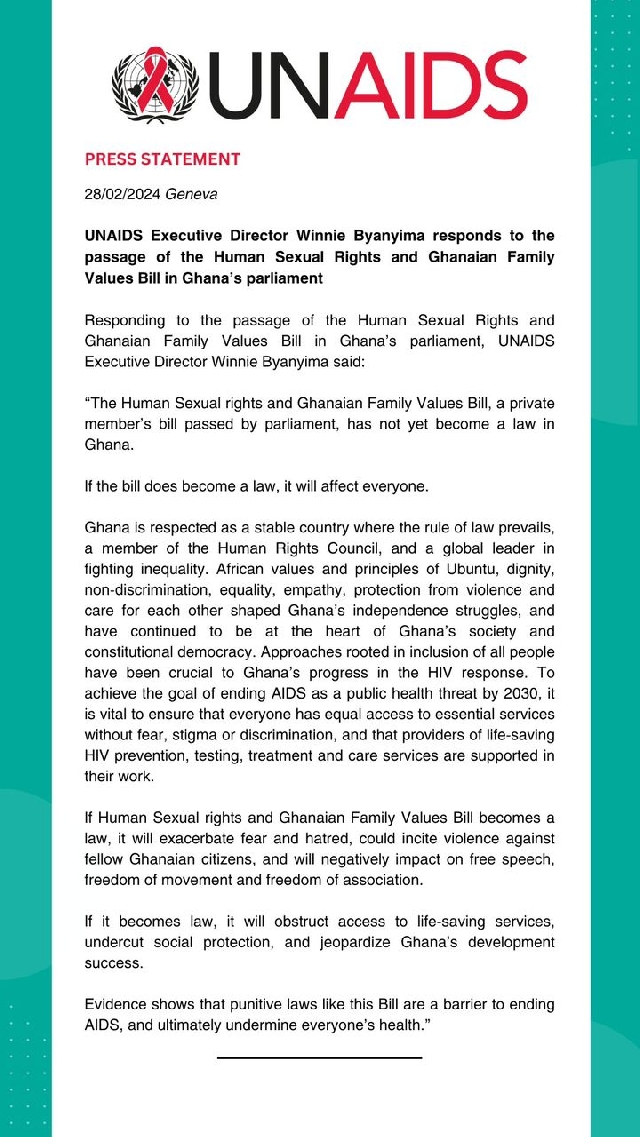
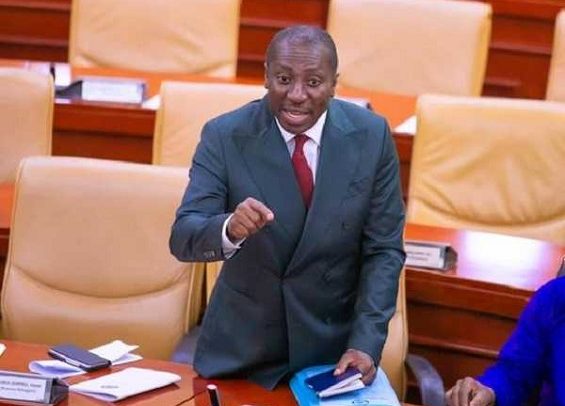

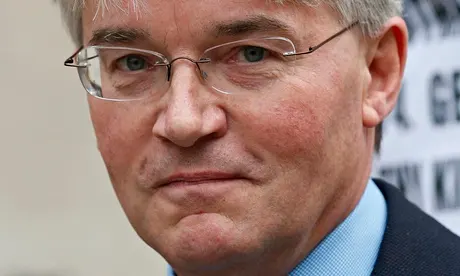

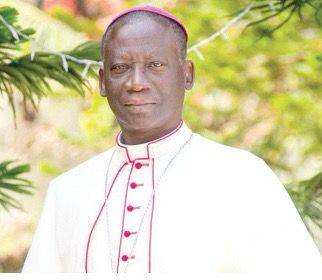
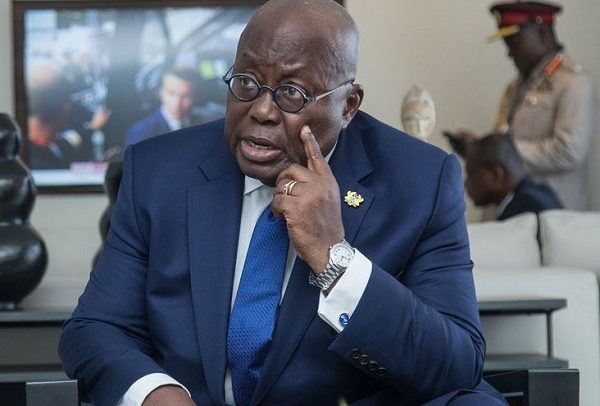












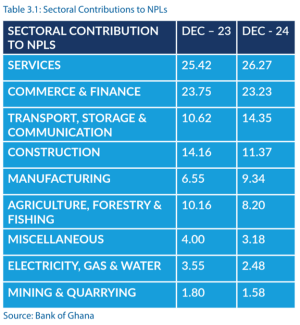
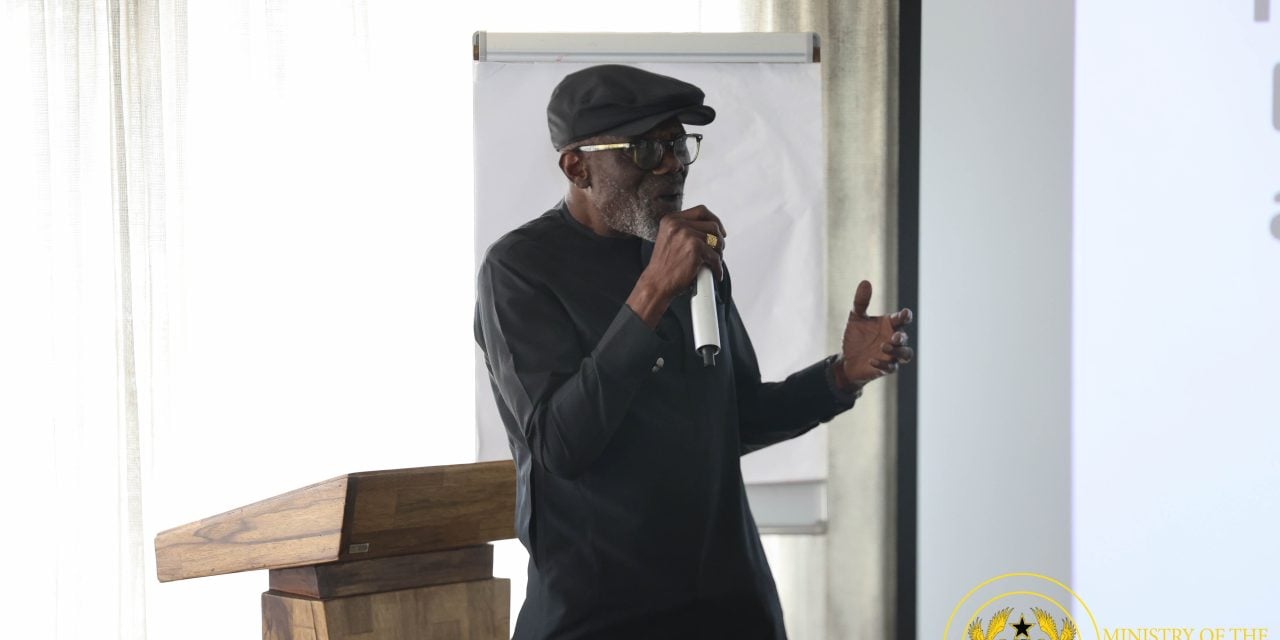

Facebook
Twitter
Pinterest
Instagram
Google+
YouTube
LinkedIn
RSS